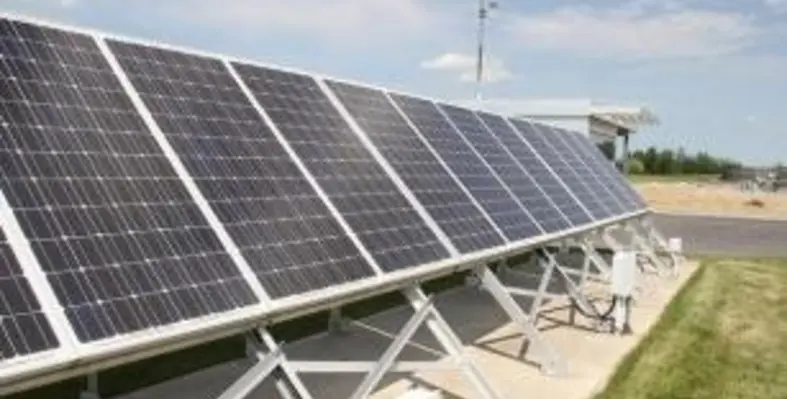The Sustainable Energy Fund for Africa (SEFA) has approved a US$740,000 technical assistance grant for the Mozambican government to enhance private investments in the country’s renewable energy sector
Specifically, the new SEFA grant will support the implementation of the country’s feed-in tariff regime for small/medium renewable energy projects through the provision of standardised power purchase agreements, guidelines for grid connectivity, and investor guidelines for prospective developers.
The grant will additionally lay the foundations for a mini-grid regulatory framework, with special focus on designing a tariff structure and corresponding technical and environmental regulations, as well as providing capacity-building and awareness-raising activities for national and local representatives.
“The SEFA project will play a key role in unlocking investments in small-scale renewables, particularly in rural areas where needs are the greatest. This will certainly improve energy access for households and businesses while reducing dependence from large-scale hydro and upcoming coal and gas projects,” said African Development Bank’s (AfDB) SEFA coordinator Joao Duarte Cunha.
This operation supports the Mozambican government’s long-term objective of increased energy access to 50 per cent by 2024 and Sustainable Energy for All (SE4ALL) objectives focusing on universal access to modern energy services and doubling the share of renewable energy in the global energy mix by 2030. It is also aligned with the AfDB’s Country Strategy Paper for Mozambique (2011-2015), which is focused on enhancing private sector competitiveness through infrastructure development and the government’s Poverty Reduction Strategy (PARP 2011–2014), the national Green Economy Action Plan (GEAP) and relevant strategies for the energy sector, including the National Strategy for Renewable Energy.
Abundant renewable energy sources in Mozambique still remain untapped in a country where only 33 per cent of the population has access to electricity, said AfDB. The country’s significant hydro potential, mainly along the river Zambezi, is estimated to be approximately five times the actual installed capacity.
Meanwhile, the largely untapped solar potential is promising across most of the territory. Additionally, there is large biomass potential from agricultural waste, in particular from rice husk in Quelimane along with considerable wind resource in the southern parts of the country.












